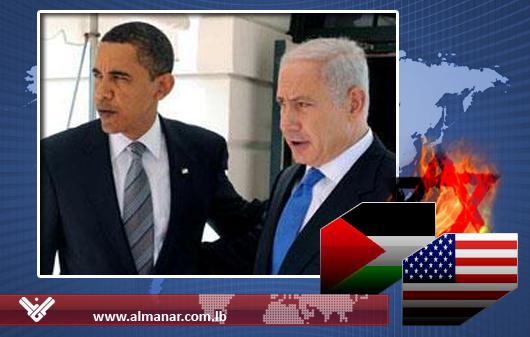Israeli Prime Minister Benjamin Netanyahu heads to the United States this weekend after a Republican victory that is unlikely to ease US pressure on Israel over stalled ‘peace talks’.
Israeli Prime Minister Benjamin Netanyahu heads to the United States this weekend after a Republican victory that is unlikely to ease US pressure on Israel over stalled ‘peace talks’, analysts said. Pro-Israel activists in the United States and elsewhere hailed the Republican sweep, which saw the party take back the House of Representatives and dramatically reduce Democrats' majority in the Senate. But analysts said the Republican influx was unlikely to dramatically alter the US approach to negotiations between Israel and the Palestinians, which President Barack Obama launched September 2. The talks ran aground just weeks later, with Palestinian president Mahmud Abbas refusing to return to the negotiating table unless Israel renewed a moratorium on settlement building in the occupied West Bank. The United States has pushed Netanyahu to renew the freeze, which is unpopular among many here, including in his hardline coalition, but the Israeli premier has so far resisted. Many speculated he was holding out until after the US elections, hoping a victory for the Republicans, who are often perceived as more sympathetic to Israel than their Democratic counterparts, would temper White House pressure. However, analysts stressed Congress plays a relatively small role in US foreign policy. For Netanyahu, the visit that begins Sunday will be a chance to assess whether his negotiating position has changed, and whether a weakened White House will offer more incentives in exchange for Israeli concessions. "There is nothing he likes more than maneuvering in American politics and confronting contrarian congressional gridlock," wrote Aluf Benn, a leading Israeli journalist, in Haaretz newspaper. The Israeli prime minister will start his visit in New Orleans, for a gathering of Jewish community groups. He will not be seeing Obama, who will be travelling in Asia at the time. He is expected to hold talks with US Vice President Joe Biden and Secretary of State Hillary Clinton. Last week the Maariv newspaper said Netanyahu would offer a three-month settlement freeze, followed by nine months of restricted building, setting aside a year for peace talks. Maariv on Friday said the Israeli premier could also push the US administration for a fresh set of incentives and guarantees in return for a new moratorium on settlement building. But analysts said Netanyahu may be wary of pushing the administration for too much or playing the Republican Congress against the president, a mistake he made with Bill Clinton.Netanyahu Heads to US after Republican Victory
